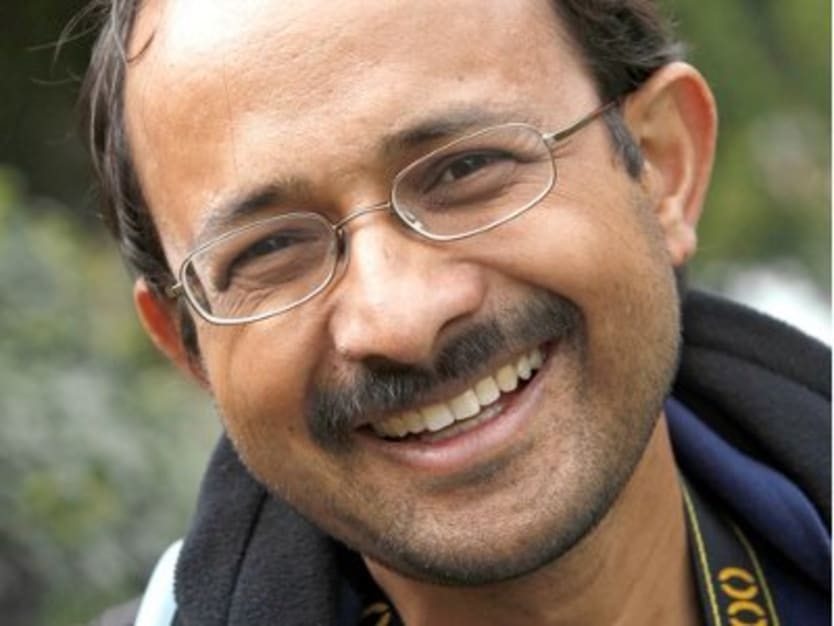
U.N. Development Program Administrator Helen Clark announced last week that her agency would double its funding for disaster risk reduction over the next five years. It isn’t clear yet where that money will come from. But what is clear is that donors are willing to fund prevention and mitigation initiatives, if governments will meet them halfway.
Funding is just a piece of what UNDP hopes will be a new approach, and a new sense of urgency, for disaster risk reduction, according to Kamal Kishore, program adviser with UNDP’s disaster reduction and recovery team.
This new approach will take the countries that are the most interested — and vulnerable to disaster — and find ways to support their prevention and mitigation efforts at multiple levels.
UNDP currently spends between $130 million and $180 million annually on disaster risk-reduction programs. It’s not certain how the U.N. agency will double that amount, but it will likely be a combination of new and reshuffled money, according to Kishore.
Development partners seem willing to invest more in disaster risk reduction as it becomes apparent that addressing — and financing — it as an afterthought is not good enough. Mainstreaming disaster risk reduction into development will be a key feature of the post-Hyogo framework that will guide preparedness, mitigation and prevention strategies after 2015.
“Disaster risk reduction is to a great extent about doing development right,” Kishore said. “That means we have to do a better job of integrating it into our own work.”
This means replacing the figurative checklist that has been in place for nearly two decades at UNDP: First, carry out some preparatory work in high-risk countries, then build up their capacity to respond to disasters, and then move on to address national legislation. When all that is under way, start working on programs that address the underlying issues causing disaster risk, such as water resource management or urbanization.
“The global risk scenario is such now that we can no longer take a slow, 20 year kind of time frame for doing disaster risk reduction,” Kishore said.
Instead, UNDP is now trying to attack all sides of the problem in countries where the barriers don’t look too high. In four or five priority countries each year, UNDP will attempt to implement all those checklist steps at once.
Countries at greatest risk will be prioritized for extra attention. But other factors could get them noticed faster: UNDP specifically wants to work with nations that have already shown commitment to disaster risk reduction.
Having a national strategy, allocating human resources or putting money aside for disaster risk reduction all show political willingness, and make the country a more attractive partner, Kishore explained.
Countries that have recently endured a large disaster will be prioritized, too. That way, UNDP can make a strong push while the memory is fresh.
“Sometimes cold statistics about risk do not go very far in convincing people, but when you have a recent event, the resonance is there,” Kishore said.
Nepal serves as an example of a country that meets all three criteria. It is one of the 20 most disaster-prone countries in the world. Disasters are fresh in the memory of this impoverished nation: Massive floods displaced thousands and destroyed livelihoods in 2008, and an earthquake last year resulted in the complete destruction of 81 public buildings and more than 2,300 homes.
Importantly for UNDP, Nepal’s government has expressed strong interest in disaster risk reduction, according to Kishore, including putting a national strategy in place and launching the Nepal Disaster Risk Consortium in 2009 with the United Nations and other partners.
Not a lot of disaster risk reduction has taken place in Nepal, but a lot of groundwork has been done — exactly the conditions UNDP thinks make a country ripe to benefit from its enhanced involvement and funding.
Read more:
Report explores trends in disaster risk-reduction aid spending
In disaster prevention, investments in people also matter – expert
Read more development aid news online, and subscribe to The Development Newswire to receive top international development headlines from the world’s leading donors, news sources and opinion leaders — emailed to you FREE every business day.








